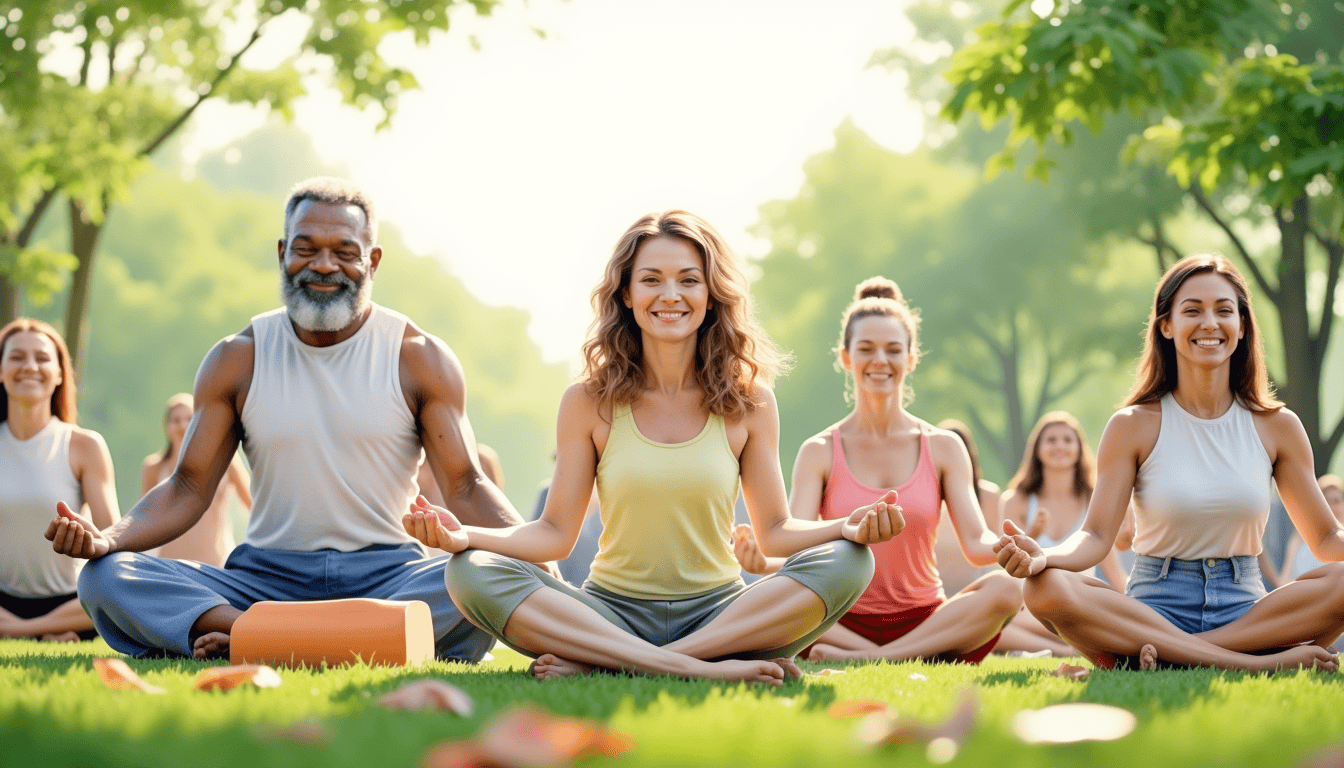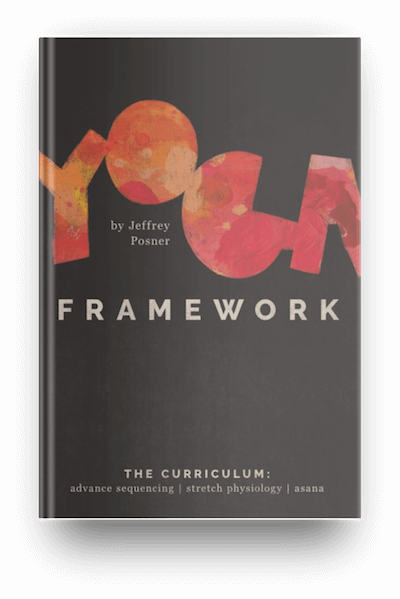from subreddit: yoga
Is yoga for everyone?
Read the full post: Here
Yoga benefits are often discussed in terms of flexibility and calmness, but the question remains: is yoga truly for everyone? This discourse is popular on platforms like Reddit, where users frequently express concerns over whether they’re fit or flexible enough to practice yoga. However, yoga’s physical, mental, and spiritual offerings are accessible to people of all ages and fitness levels.
Understanding the Broad Yoga Benefits
Firstly, it’s essential to recognize the wide-ranging yoga benefits that make it appealing globally. The practice enhances flexibility, muscle strength, and posture. Moreover, yoga is linked with improved cardiovascular health and reduced heart disease risk. Mentally, it serves as a robust tool for stress reduction, aiding in anxiety management and better sleep quality. On a spiritual level, yoga fosters self-connection and mindfulness, which are critical components for holistic well-being.
Yoga Benefits Across Physical Health
Physical yoga benefits don’t require existing flexibility or fitness prowess. For instance, yoga can be incredibly adaptive, permitting modifications for different skill levels. This means that whether you’re a beginner or someone with limited mobility, you can still partake in and benefit from yoga practice. Physical improvements like muscle building and strength training rely more on consistency rather than prior expertise.
For those interested, further reading can be found in the Emory Healthcare article offering detailed insights into how yoga benefits physical health.
Why Yoga is Accessible to Everyone
Yoga’s accessibility is one of its most significant advantages. Its practice doesn’t demand expensive equipment or specific environments, which is appealing for those preferring at-home workouts. Furthermore, yoga is innately non-competitive, emphasizing personal pace and progress rather than comparison to others. Therefore, everyone can participate and enjoy the process.
Addressing Common Yoga Misconceptions
Often, misconceptions deter people from trying yoga. One major myth is that yoga requires high flexibility. However, yoga uses poses that can be modified for any flexibility level, debunking the notion that one must be a contortionist to benefit. Similarly, yoga serves more than just those seeking gentle exercises; it strengthens the body and balances mental wellness for all participants.
Yoga Benefits Beyond Flexibility and Fitness
A noteworthy point is that yoga benefits extend beyond just physical health. Studies have shown that yoga aids stress management significantly. By integrating breathing techniques and meditative practices, yoga can alleviate daily stress factors and improve mental clarity. Furthermore, practicing yoga has been linked to enhancing nightly sleep patterns, providing a holistic boost to one’s health.
How Yoga can Suit Various Age Groups
Another encouraging aspect is how yoga benefits people across different age brackets. From kids enhancing mobility to seniors improving bone health, yoga’s versatility makes it ideal for all ages. Platforms like Henry Ford Health provide extensive guides on adapting yoga for varied age needs, reaffirming yoga’s universality.
Getting Started with Yoga for Everyone
If yoga has piqued your interest, there are simple steps to begin. Start by looking for beginner or gentle yoga classes locally or even online. Use the numerous free online tutorials available to guide you through fundamental poses and breathing exercises. Above all, listen to your body and adapt poses along the way as needed.
To conclude, yoga is indisputably for everyone. Its diverse benefits across physical and mental spectrums, coupled with its adaptable nature, make yoga a valuable and inclusive addition to any wellness routine. For comprehensive insights, explore resources like the Women’s Health article on yoga benefits. Ultimately, with its holistic offerings, yoga remains a universal practice promoting global health and wellness.

